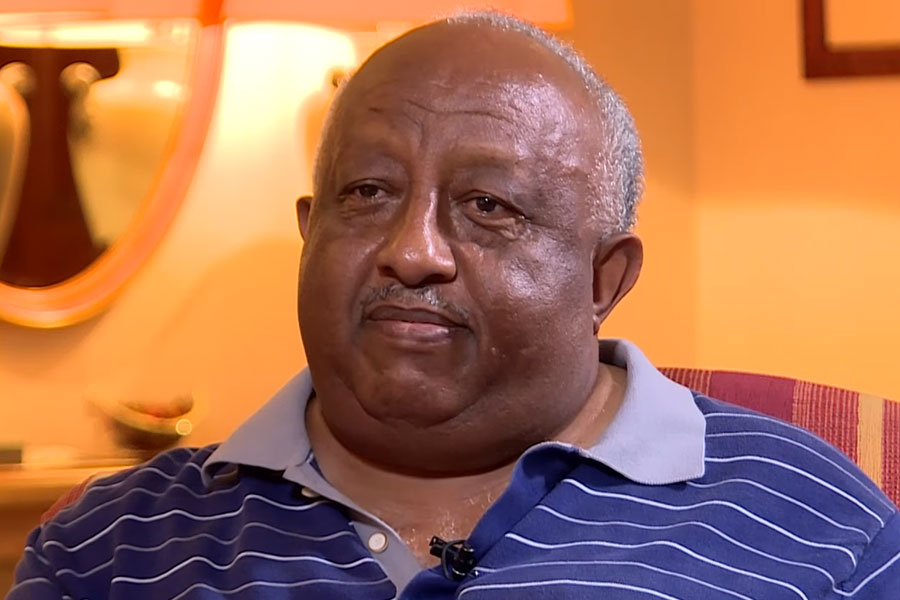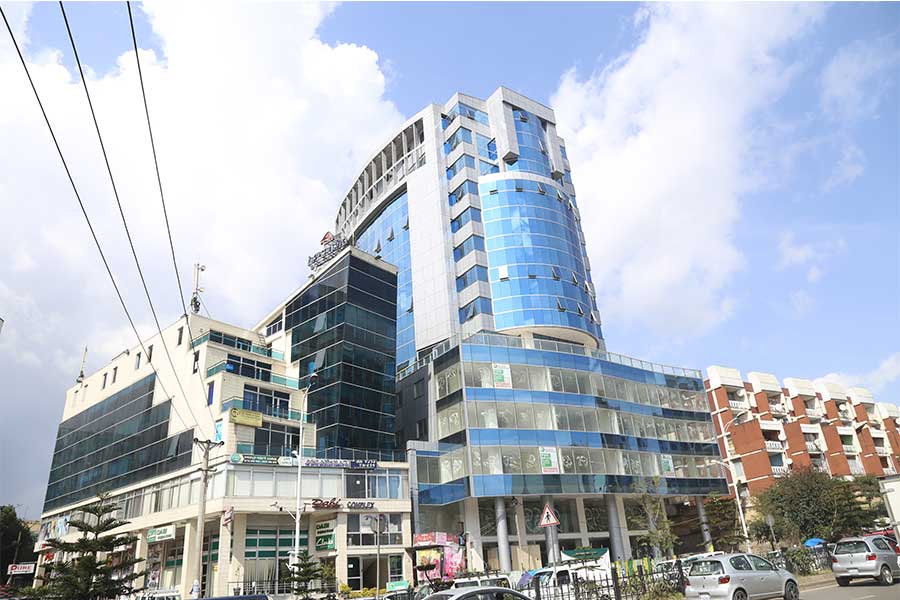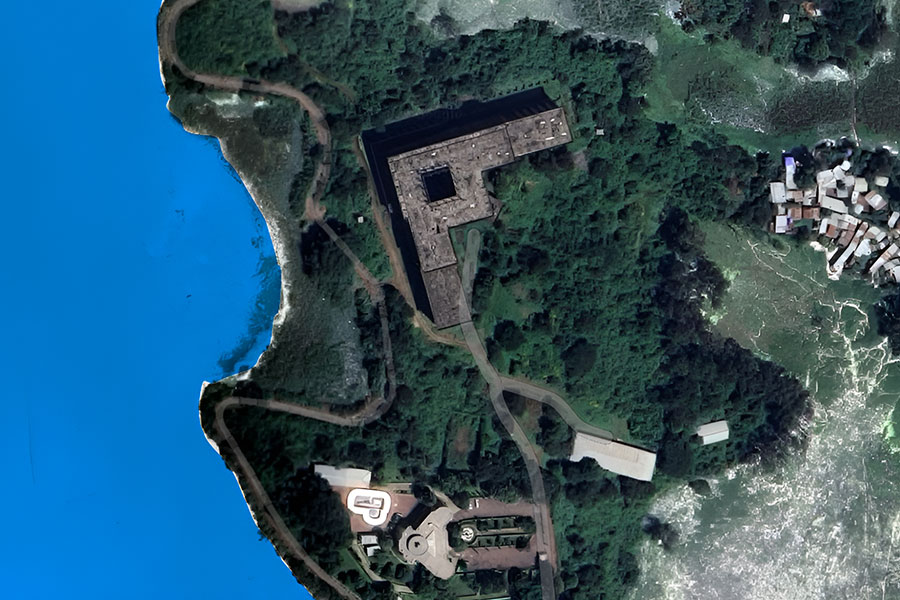
Feb 29 , 2020
By David Renz
World Intellectual Property Organization (WIPO) needs a leader who comes from a country with a record of supporting strong intellectual property (IP) protections and enforcement. Ethiopia can help ensure this happens by casting its voting for a director general in March, writes David Renz, Chargé d’affaires at the US Embassy in Addis Abeba.
The World Intellectual Property Organization (WIPO) serves as the multilateral forum for intellectual property (IP) protection and policy engagement. It administers vital international registration systems for patents, trademarks, and industrial designs, providing an essential service for companies and inventors. Its importance cannot be overstated. In March 2020, WIPO will hold elections for its next director general. It is crucial that Ethiopia casts its vote for a proven supporter of IP protection and enforcement.
International IP rules underpin the innovation economy as well as development globally. Every nation has a lot to lose if IP standards and rules are weakened or re-cast to benefit those who threaten the freedom to create, protect and invest in innovation. This is particularly true for Ethiopia, as the country transitions from an economy dominated by the agricultural sector to a modern, diversified one that is driven by innovation, creativity, and productivity.
Economies with robust IP protections are 26pc more competitive globally and 39pc more likely to attract foreign investment, according to the US Chamber of Commerce’s International IP Index.
On the other hand, intellectual property crimes hurt us all. For instance, counterfeit products compete with legitimate manufacturing and have a global impact due to lost jobs, reduced return on investment, and often, reduced tax revenue. Chinese counterfeits, for example, have destroyed the handmade traditional textile industry in Nigeria, Ghana, Ivory Coast, and Guinea, according to the National Union of Textile Garment & Tailoring Workers of Nigeria. In Nigeria, since 1995, more than 175 textile manufacturing factories have shut down, leaving more than 250,000 workers without jobs.
Fake products not only have a negative economic impact but can have real health and safety consequences as well. Approximately 120,000 children under the age of five die each year in sub-Saharan Africa from taking fake antimalarial drugs, according to an estimate from the Brazzaville Foundation. In some areas, as many as 60pc of drugs sold are thought to be counterfeit.
Ethiopia has been a WIPO member since 1998. As Ethiopia seeks accession to the World Trade Organization (WTO), and given the very real economic significance of IP protections, it can take the lead by demonstrating an unwavering commitment to strong WIPO leadership. When Ethiopia casts its vote, the country will help decide who should stand at the helm of an organisation that we all rely on to provide efficient, secure, and value-added services that bolster IP protection globally.
WIPO needs a leader who comes from a country with a record of supporting strong IP protections and enforcement, who will further an agenda that ensures the continued defense of an effective and balanced system of IP rights, who promotes IP for development, and who has the necessary vision, leadership, communication, and diplomatic skills to do the job.
PUBLISHED ON
Feb 29,2020 [ VOL
20 , NO
1035]


Radar | Dec 19,2018

Viewpoints | Jun 01,2024

Fortune News | Oct 14,2023

My Opinion | Sep 19,2020

Commentaries | Feb 19,2022

Viewpoints | Jun 01,2019

Featured | Sep 28,2019

Fortune News | Jan 14,2023

Radar | Dec 08,2024

Fortune News | Nov 19,2022

My Opinion | 131451 Views | Aug 14,2021

My Opinion | 127803 Views | Aug 21,2021

My Opinion | 125783 Views | Sep 10,2021

My Opinion | 123419 Views | Aug 07,2021

Dec 22 , 2024 . By TIZITA SHEWAFERAW
Charged with transforming colossal state-owned enterprises into modern and competitiv...

Aug 18 , 2024 . By AKSAH ITALO
Although predictable Yonas Zerihun's job in the ride-hailing service is not immune to...

Jul 28 , 2024 . By TIZITA SHEWAFERAW
Unhabitual, perhaps too many, Samuel Gebreyohannes, 38, used to occasionally enjoy a couple of beers at breakfast. However, he recently swit...

Jul 13 , 2024 . By AKSAH ITALO
Investors who rely on tractors, trucks, and field vehicles for commuting, transporting commodities, and f...

Jun 28 , 2025
Meseret Damtie, the assertive auditor general, has never been shy about naming names...

Jun 21 , 2025
A well-worn adage says, “Budget is not destiny, but it is direction.” Examining t...

Jun 14 , 2025
Yet again, the Horn of Africa is bracing for trouble. A region already frayed by wars...

Jun 7 , 2025
Few promises shine brighter in Addis Abeba than the pledge of a roof for every family...

Jun 29 , 2025
Addis Abeba's first rains have coincided with a sweeping rise in private school tuition, prompting the city's education...

Jun 29 , 2025 . By BEZAWIT HULUAGER
Central Bank Governor Mamo Mihretu claimed a bold reconfiguration of monetary policy...

Jun 29 , 2025 . By BEZAWIT HULUAGER
The federal government is betting on a sweeping overhaul of the driver licensing regi...

Jun 29 , 2025 . By NAHOM AYELE
Gadaa Bank has listed 1.2 million shares on the Ethiopian Securities Exchange (ESX),...